Blood Tube Recognition Chart For needle and syringe order of draw refer to Prompt Document Blood Collection order of draw for tubes and bottles Ensure aseptic technique Collect Aerobic then Anaerobic Fill to mark as the ratio of blood to anticoagulant is critical
This page provides health professionals with the recommended order of draw when collecting and using blood tubes Reference source for this is Clinical Laboratory Standards Institute H3A6 When filling evacuated tube from a syringe please use the blood transfer device Gently invert tubes 6 8 times to ensure adequate mixing 1 x 8 5ml extra SST tube for send away tests ANA Anti Nuclear Antibodies CMV Cytomegalovirus Coeliac Screening EBV Hep A Hep B Hep C antibodies diagnosis immunity HIV Rheumatoid Factor Rubella Syphilis Electrolytes VDRL Cardiolipins Lupus Screen 3 tubes required CBC Complete Blood Count or FBC Full Blood Count
Blood Tube Recognition Chart
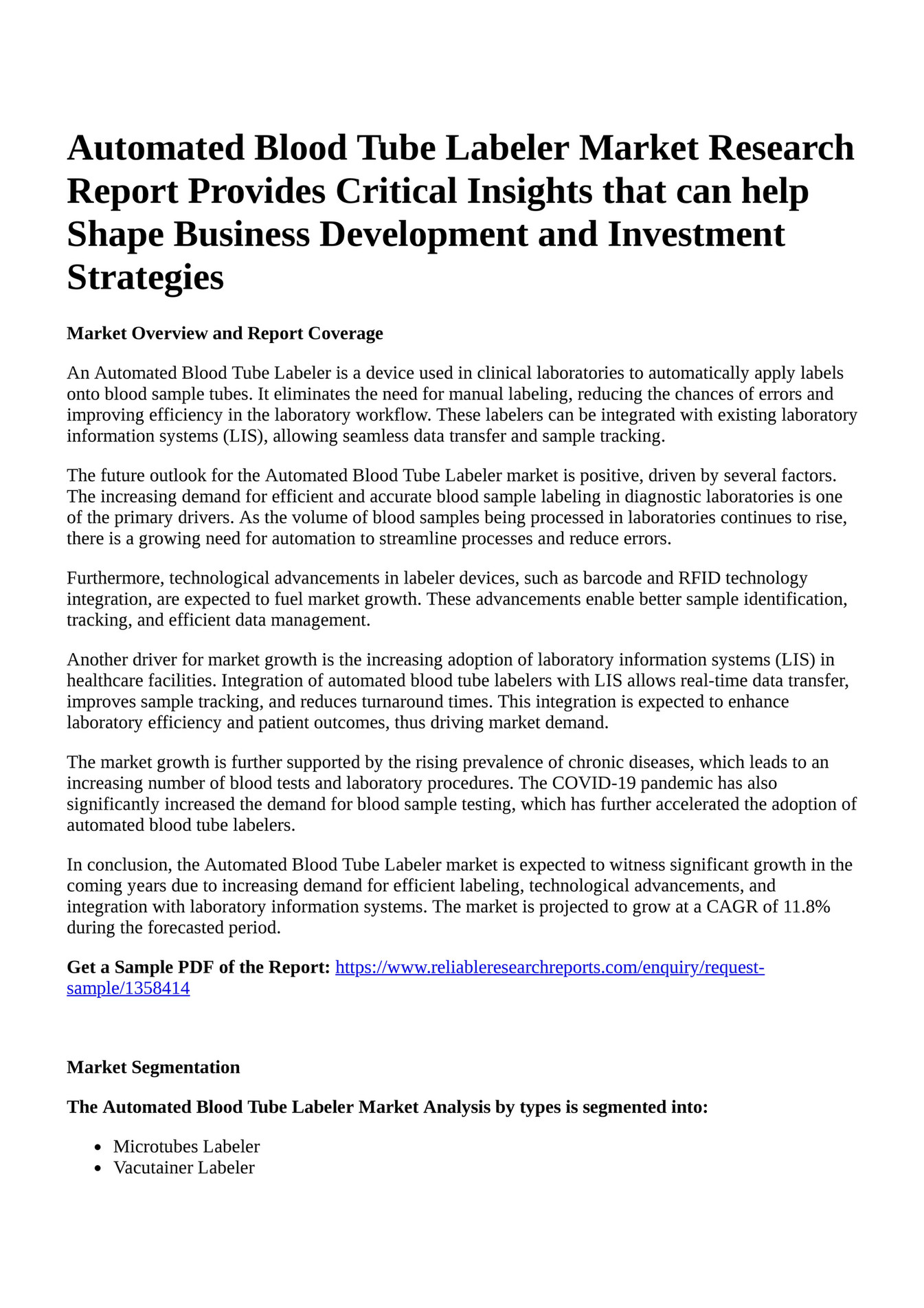
Blood Tube Recognition Chart
https://view.publitas.com/93411/1713331/pages/4078444e-e28e-447a-a07e-9d80544932d8-at1600.jpg

Blood Tube Colors Diagram Quizlet
https://o.quizlet.com/tmCSNdvEdn3keD675Z9ySA_b.jpg
![]()
Blood Sample Blood Blood Test Test Tube Blood Tube Icon Download On Iconfinder
https://cdn2.iconfinder.com/data/icons/biology-52/3873/2352_-_Blood_sample-512.png
CHART B for blood collection volume guidelines Haemolysis warning Never inject or force blood into the collection tube through a needle from a syringe Always mix the blood with anticoagulants gently but thoroughly inverting the tube six to eight times Do not shake tubes exception is Ensure that the correct blood to additive ratio is met by checking the draw volume against the nominal fill mark on the tube or by holding tube up to this guide Max CLSI recommends 3 2 0 109M of buffered citrate for coagulation assays If a winged blood collection set is used the first tube drawn in the series will be under filled
Collect 1 mL of blood into each tube Shake tubes 10 times firmly enough to ensure inner surface of tubes is coated Do not spin and keep at room temperature HAZARD WARNING Never inject blood into the tube from the needle and syringe All BD Vacutainer tubes require immediate mixing following collection Insufficient mixing can result in inaccurate test results and the need to re draw Correct mixing technique is to gently invert 180o and back each tube the recommended
More picture related to Blood Tube Recognition Chart
![]()
Blood Test Test Tube Sample Tube Lab Tube Blood Tube Icon Download On Iconfinder
https://cdn3.iconfinder.com/data/icons/scribble-line-medicine/512/Blood_Test-512.png

Blood Tube Colours Australia
https://i.pinimg.com/originals/fd/6b/d3/fd6bd3670a20f26dcbfcd74900baac83.jpg

Blood Tube Guide Printable Pdf Download
https://data.formsbank.com/pdf_docs_html/120/1201/120140/page_1_thumb_big.png
For the full array of BD Vacutainer Blood Collection Tubes visit www bd vacutainer Many are available in a variety of sizes and draw volumes for pediatric applications Refer to our website for full descriptions For serum determinations in chemistry This document provides guidance on collecting laboratory specimens from patients including The order and type of tubes that should be drawn from patients from clear tubes to collect critical specimens on the left to red tiger top tubes on the right
Tube Guide Order of Draw Tube type and order Common tests Instructions Blood Cultures Microbiology Septicaemia Toxaemia and bacterial culture Aerobic blue cap bottle MUST be collected first then Anaerobic Lytic purple cap Paediatric Collection Pink cap bottle only Mix the specimen with gentle agitation Store at room temperature The discard tube is used to fill the dead space in the tubing to ensure proper blood to additive ratio in the citrate tube Mix blood collection tubes by inverting 8 to 10 times Coagulation testing

Blood Tube Collection Chart
https://i.pinimg.com/originals/6b/9c/54/6b9c5459305d81ca5aae2da4a241a283.jpg

Blood Tube Collection Chart
https://i.pinimg.com/originals/af/4d/e7/af4de76cff89a38a148ae227c93e557d.jpg
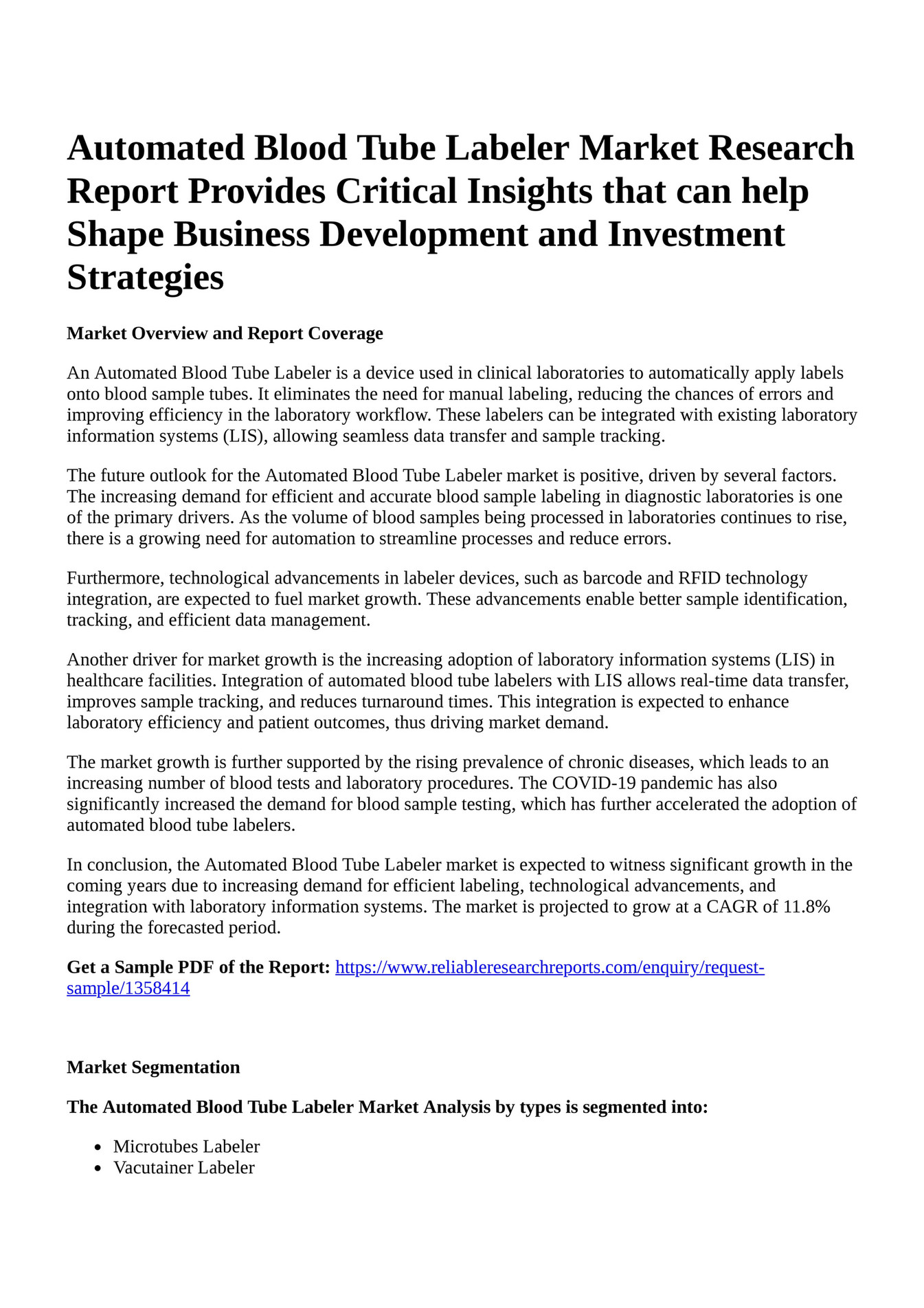
https://handbook.monashpathology.org › downloads › tub…
For needle and syringe order of draw refer to Prompt Document Blood Collection order of draw for tubes and bottles Ensure aseptic technique Collect Aerobic then Anaerobic Fill to mark as the ratio of blood to anticoagulant is critical

https://www.health.qld.gov.au › ... › healthcare › testing › blood-tubes
This page provides health professionals with the recommended order of draw when collecting and using blood tubes Reference source for this is Clinical Laboratory Standards Institute H3A6 When filling evacuated tube from a syringe please use the blood transfer device Gently invert tubes 6 8 times to ensure adequate mixing
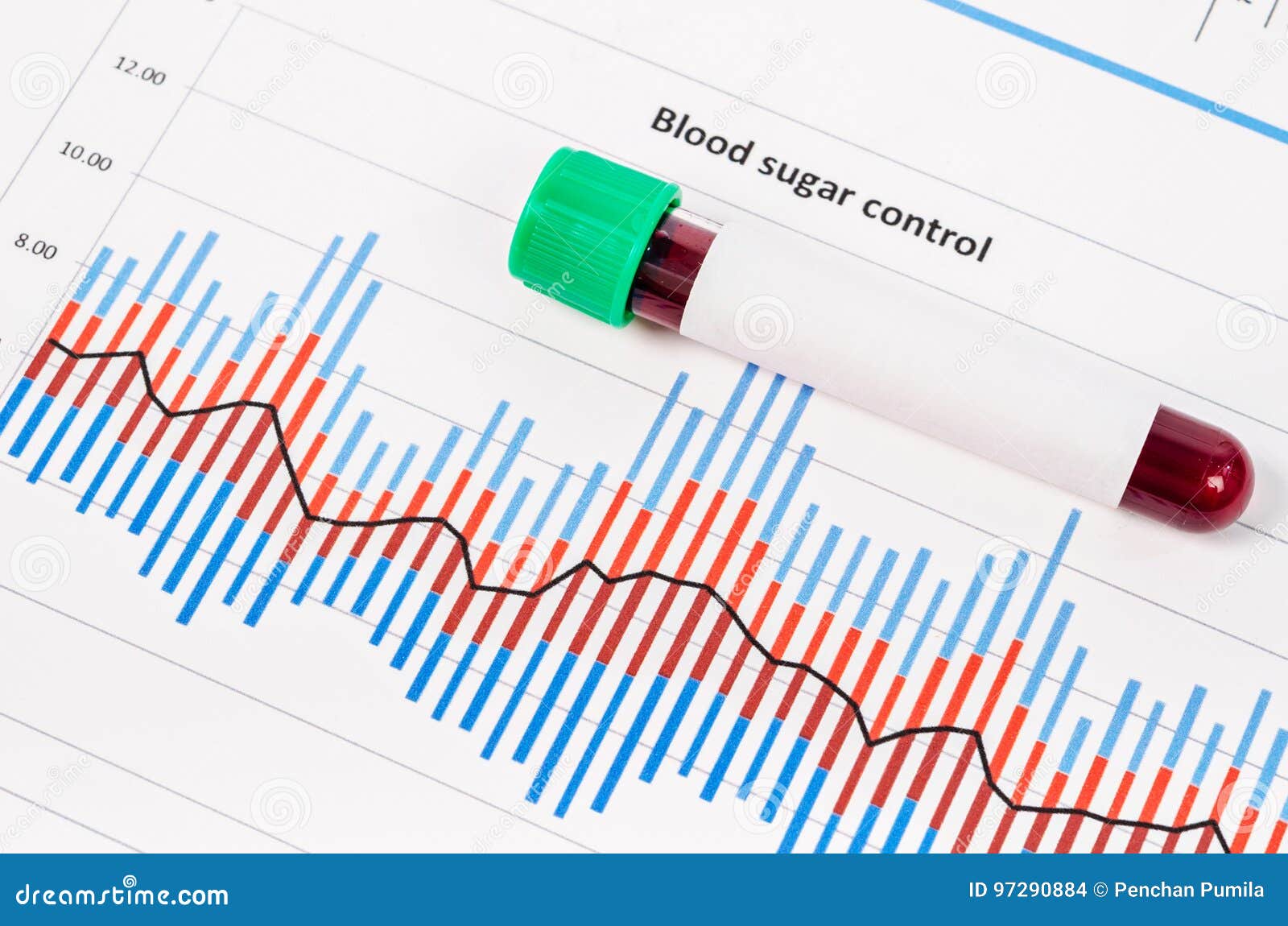
Sample Blood For Screening Diabetic Test In Blood Tube Stock Photo Image Of Dependent Data

Blood Tube Collection Chart

Blood Analysis Blood Tube And Blood Cells Under A Magnifying Glass Stock Vector Illustration
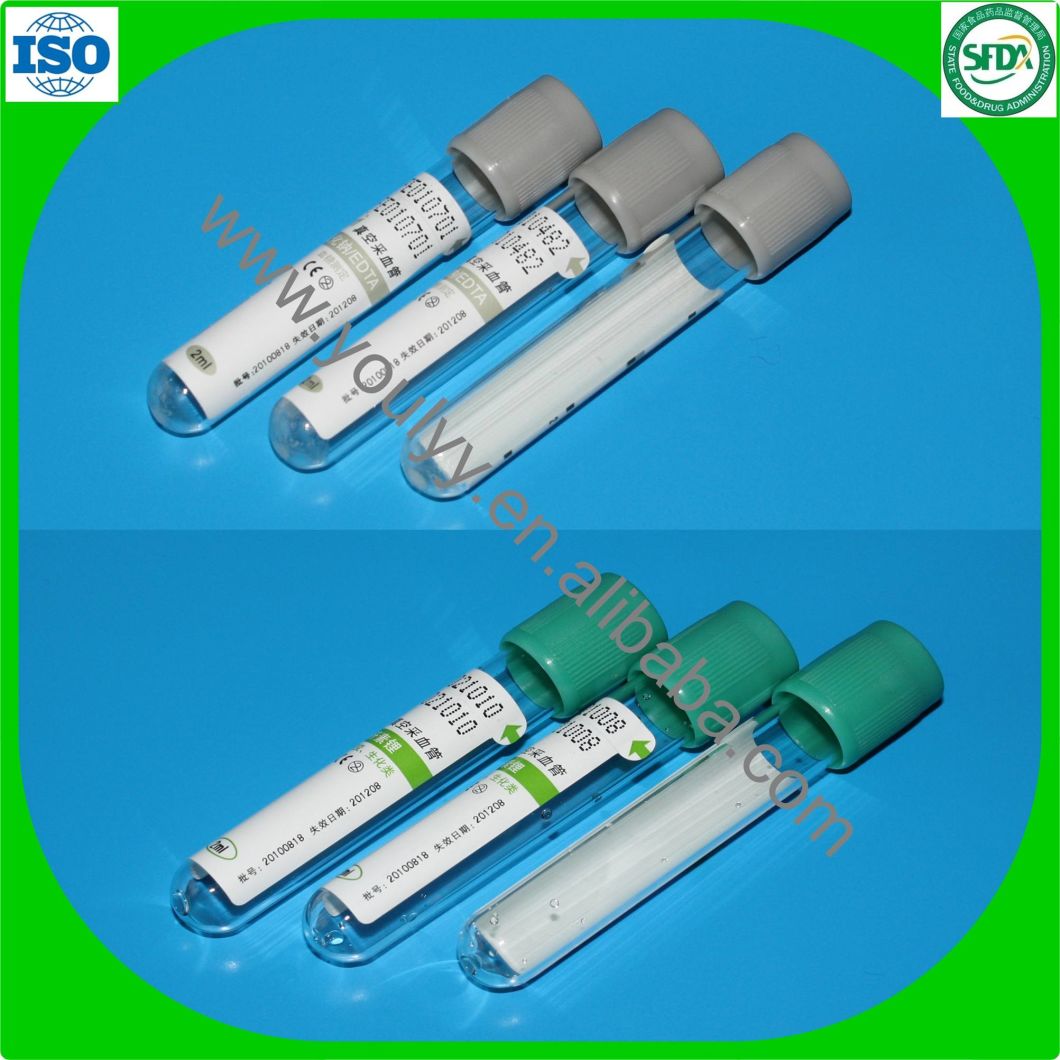
Blood Test Tube
Blood Tube Creative Icon Design 32086676 Vector Art At Vecteezy

Black Top 3 8 Sodium Citrate Blood Tube ESR Hospital Laboratory Research Blood Test Collection

Black Top 3 8 Sodium Citrate Blood Tube ESR Hospital Laboratory Research Blood Test Collection
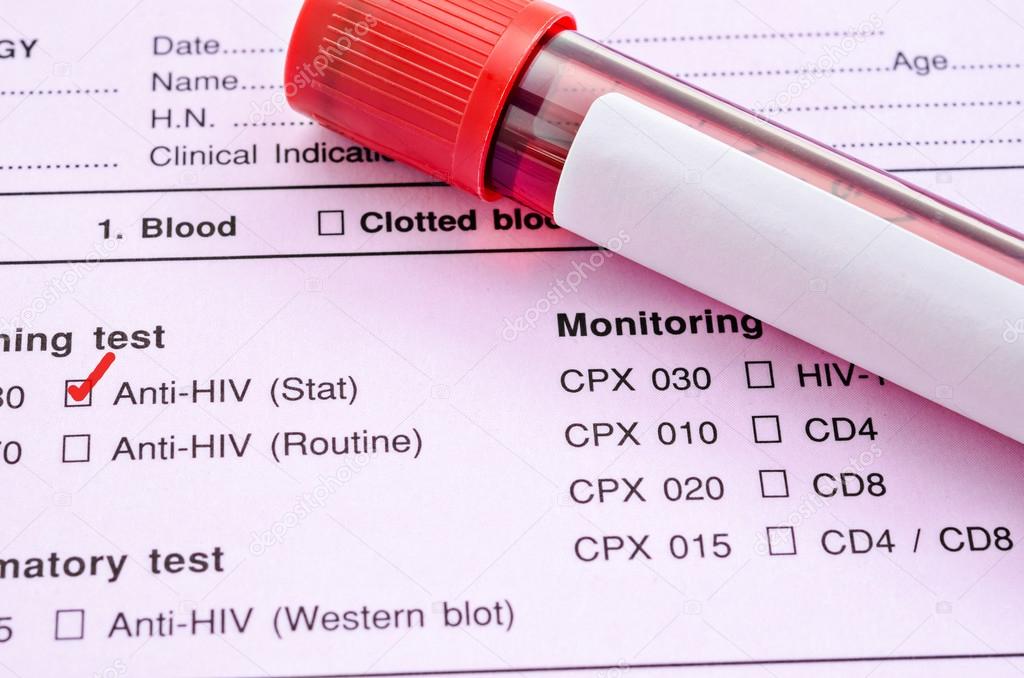
Sample Blood Collection Tube Stock Photo Gamjai 118861316
Blood Tube Vector Icon 31783536 Vector Art At Vecteezy
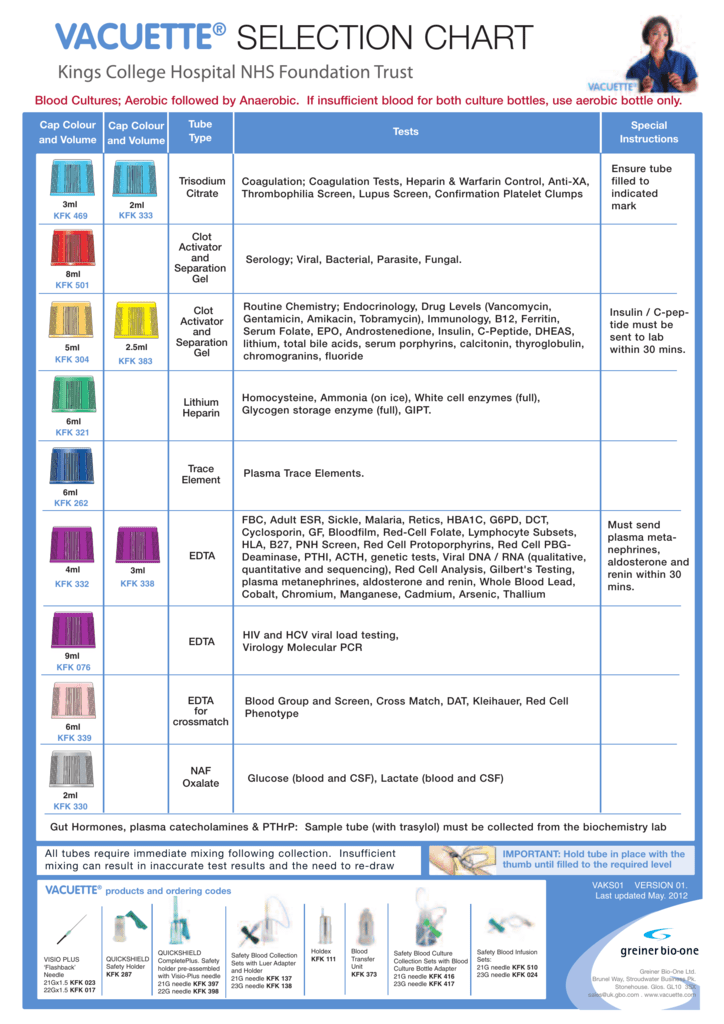
Greiner Blood Collection Tubes Chart Best Picture Of Chart Anyimage Org
Blood Tube Recognition Chart - Ensure that the correct blood to additive ratio is met by checking the draw volume against the nominal fill mark on the tube or by holding tube up to this guide Max CLSI recommends 3 2 0 109M of buffered citrate for coagulation assays If a winged blood collection set is used the first tube drawn in the series will be under filled